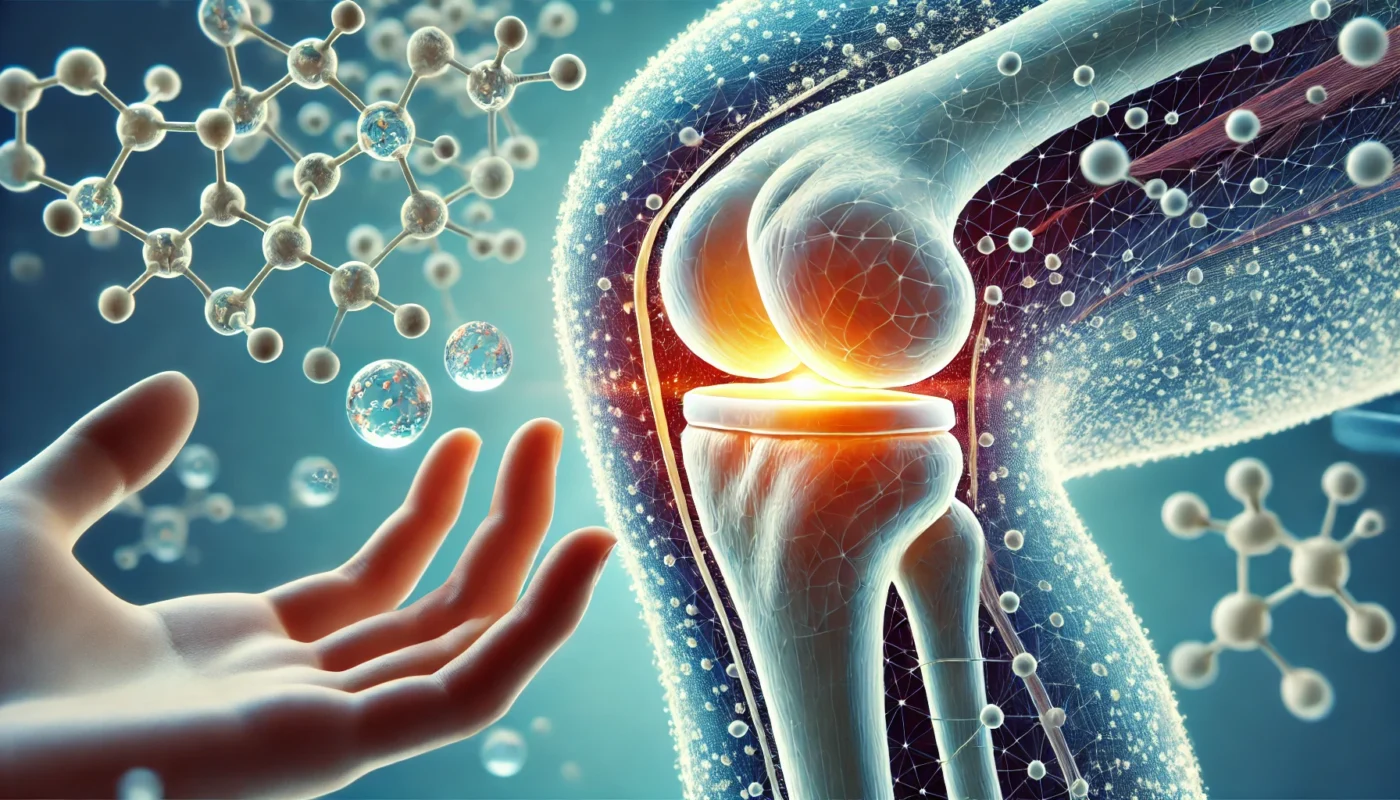Whether you’re a seasoned athlete or a fitness novice, understanding the importance of recovery after exercise is crucial. Recovery not only helps prevent injuries but also enhances performance by allowing muscles to rebuild and strengthen. Let’s delve into some effective strategies for quick workout recovery that blend scientific insight with holistic approaches.
Tag Archives: fitness
Fitness and nutrition are two sides of the same coin. They complement each other and together, they create a foundation for a healthy lifestyle. Let’s explore how these two components interact.
The Role of Nutrition in Fitness
Nutrition provides the energy required for physical activities. It supports recovery, repairs muscle damage, and enhances performance. Consuming the right nutrients before and after exercise can make a significant difference in your fitness journey.
In the realm of fitness, energy is the cornerstone of a successful workout. Whether you’re a seasoned athlete or a casual gym-goer, understanding how to optimize your energy levels can significantly enhance your performance and outcomes. This guide will delve into the science-backed methods to boost your energy before a workout, ensuring you achieve your fitness goals with vigor and vitality.
Recovery is an integral part of any fitness regimen, yet it’s often overshadowed by the excitement of workouts and exercise routines. However, understanding and optimizing recovery is key to achieving your fitness goals. One of the foundational elements of effective muscle recovery is nutrition, particularly the incorporation of essential vitamins that facilitate muscle repair, growth, and overall recovery.
In this comprehensive guide, we will delve into the best vitamins for sore muscles, those that enhance strength, and those that are pivotal for muscle repair and growth. We’ll explore how these nutrients can be leveraged to maximize your post-workout recovery.
Collagen is a buzzword in the health and wellness industry. It’s touted for its potential benefits, from promoting skin elasticity to supporting joint health. But what exactly is collagen made of?
At its core, collagen is a protein. It’s the most abundant protein in the human body, in fact. It forms a vital part of our connective tissues, lending structure and strength to our skin, muscles, tendons, and ligaments.
The building blocks of collagen are amino acids. These are primarily glycine, proline, hydroxyproline, and arginine. The synthesis of collagen in our bodies requires certain nutrients, including vitamin C, zinc, and copper.
As we age, our body’s natural production of collagen declines. This can lead to visible signs of aging, such as wrinkles and sagging skin. Environmental factors, like UV exposure and smoking, can also degrade collagen.
This has led many to turn to collagen supplements. These are typically derived from animal sources and broken down into smaller peptides for better absorption. But do they work? And how can you incorporate collagen into your lifestyle in a practical way?
Navigating the world of health supplements can be a daunting task. With a myriad of options available, it’s crucial to understand what each supplement offers.
In the realm of joint health, three supplements often stand out: glucosamine, chondroitin, and MSM. These compounds are frequently used to manage conditions like arthritis and to support overall joint health.
But what are the key differences between them?
This article aims to demystify these supplements. We’ll delve into the science behind glucosamine, chondroitin, and MSM, and explore their potential benefits and drawbacks.
We’ll also compare these supplements head-to-head. This will help you understand which might be the best fit for your health goals and lifestyle.
Whether you’re a fitness enthusiast, a health-conscious individual, or a patient seeking to manage a specific condition, this article is for you.
Let’s embark on this journey to better understand glucosamine, chondroitin, and MSM, and their roles in promoting joint health.
Muscle stiffness can be a real pain. It can hinder your daily activities, disrupt your fitness routine, and even affect your overall quality of life.
But what if there was a way to alleviate this discomfort? A way that is natural, safe, and backed by scientific research?
Enter the world of supplements. These potent aids can provide relief from stiff muscles, enhance your recovery, and support your overall muscle health.
In this comprehensive guide, we will delve into the top supplements for relieving stiff muscles. We will explore their benefits, how they work, and how to incorporate them into your wellness routine.
We will also critically review the scientific research behind these supplements. This will ensure that the information you receive is not only informative but also reliable and trustworthy.
Whether you’re a fitness enthusiast, a health enthusiast, or a medical patient, this guide is designed to provide you with practical and detailed information.
So, are you ready to gain a deeper understanding of how to manage muscle stiffness through supplementation? Let’s dive in and explore the top supplements to relieve stiff muscles.
Remember, your journey to improved wellbeing starts here.
Inflammation is a common concern. It’s a natural response of the body to injury or illness. But when it becomes chronic, it can lead to serious health issues.
Enter antioxidants. These compounds are often touted as a solution to combat inflammation. But do they really work?
This article aims to answer that question. We’ll delve into the science behind antioxidants and inflammation. We’ll explore how these compounds function in the body and their potential benefits.
We’ll also look at dietary sources of antioxidants. Fruits, vegetables, nuts, and seeds are all rich in these compounds. Blueberries, in particular, are often highlighted for their anti-inflammatory properties.
But it’s not just about what you eat. The body also produces its own antioxidants. Understanding the balance between these internal and external sources is key.
We’ll also examine the research. What does the science say about antioxidants and inflammation? Are they really the magic bullet they’re often made out to be?
The role of antioxidants in chronic diseases will also be discussed. Conditions like arthritis, heart disease, and even cancer have been linked to inflammation. Can antioxidants help manage these conditions?
Supplementation is another important topic. While getting antioxidants from food is ideal, some people turn to supplements. But are they as effective?
Finally, we’ll provide practical tips. Whether you’re a fitness enthusiast, a health enthusiast, or a medical patient, you’ll find strategies to incorporate antioxidants into your lifestyle.
This article is your comprehensive guide to understanding antioxidants and inflammation. It’s backed by scientific research and practical advice.
So, do antioxidants really combat inflammation effectively? Let’s find out.
Sweet potatoes are a staple in many kitchens. Their sweet, earthy flavor and vibrant colors make them a favorite among food lovers. But did you know they also pack a powerful health punch?
These humble tubers are rich in vitamins, minerals, and antioxidants. These nutrients contribute to their potential anti-inflammatory properties. But what does this mean for you?
In this article, we’ll delve into the science behind sweet potatoes and inflammation. We’ll explore their nutritional profile and how it can benefit your health.
We’ll also debunk common myths and provide practical tips on incorporating sweet potatoes into your diet. Whether you’re a fitness enthusiast, a health-conscious individual, or someone managing a health condition, this article is for you.
Join us as we explore the anti-inflammatory benefits of sweet potatoes. Let’s discover how this versatile vegetable can contribute to your journey towards improved health and wellbeing.
Yogurt is a staple in many diets worldwide. Its creamy texture and tangy flavor make it a versatile food.
But beyond its culinary appeal, yogurt is often touted for its health benefits. It’s rich in protein, calcium, and beneficial probiotics.
However, a question that often arises is: can yogurt cause inflammation? This query is particularly relevant for those managing inflammatory conditions or seeking to optimize their health.
Inflammation is a complex process in the body. It can be both a friend and foe, depending on its duration and intensity.
Diet plays a significant role in managing inflammation. Certain foods can either trigger or reduce inflammatory responses.
So, where does yogurt fit into this picture? Does it soothe inflammation or stoke its flames?
This article aims to delve into the relationship between yogurt consumption and inflammation. We’ll explore what scientific studies say and provide practical advice for incorporating yogurt into your diet.
Whether you’re a fitness enthusiast, a health enthusiast, or a medical patient, this comprehensive guide will help you make informed decisions about yogurt and its role in your health journey.










